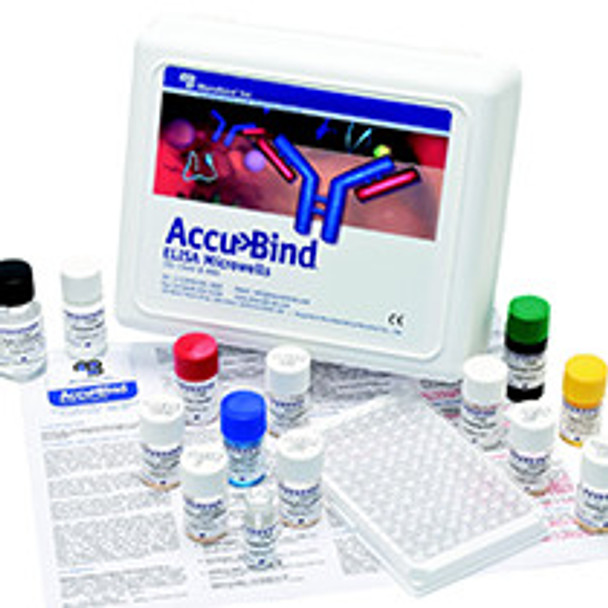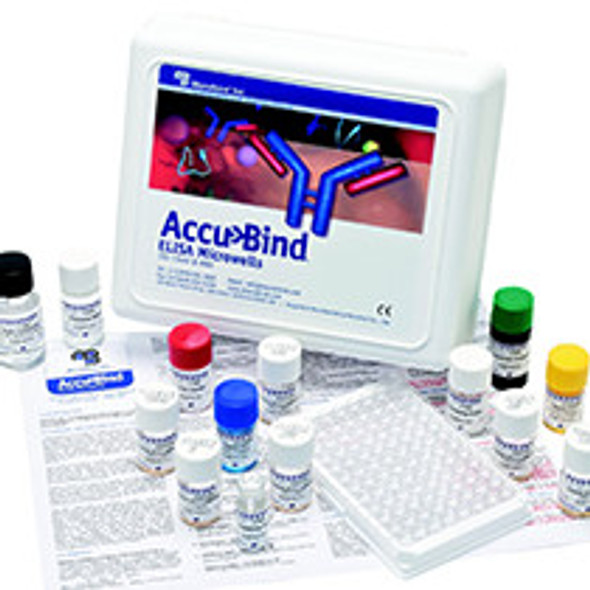Description
N-T4
This test measures the amount of thyroxine (T4) in infant's blood through samples collected by heal prick. TSH is produced by the pituitary gland, a tiny organ located below the brain and behind the sinus cavities. It is part of the body’s feedback system to maintain stable amounts of the thyroid hormones thyroxine (T4) and triiodothyronine (T3) in the blood. Thyroid hormones help control the rate at which the body uses energy. When concentrations decrease in the blood, the hypothalamus (an organ in the brain) releases thyrotropin releasing hormone (TRH). This stimulates the release of TSH by the pituitary gland. The TSH in turn stimulates the production and release of T4 and T3 by the thyroid gland, a small butterfly-shaped gland that lies in the neck flat against the windpipe. When all three organs are functioning normally, thyroid production turns on and off to maintain constant blood thyroid hormone levels.
If there is pituitary dysfunction, then increased or decreased amounts of TSH may result. When TSH concentrations are increased, the thyroid will make and release inappropriate amounts of T4 and T3 and the patient may experience symptoms associated with hyperthyroidism, such as rapid heart rate, weight loss, nervousness, hand tremors, irritated eyes, and difficulty sleeping. If there is decreased production of thyroid hormones (hypothyroidism), the patient may experience symptoms such as weight gain, dry skin, constipation, cold intolerance, and fatigue. In addition to pituitary dysfunction, hyper- or hypothyroidism can occur if there is a problem with the hypothalamus (insufficient or excessive TRH). Thyroid hormone levels may also be altered by a variety of thyroid diseases regardless of the amount of TSH present in the blood.
Additional Information
Method: |
Enzyme Immunoassay, Colormetric |
Principle: |
Competitive Assay, Antibody-Coated Plate |
Calibrators: |
0 -25 µg/dl (Lot Specific) Dried blood spots on Whatman 903 paper |
Sample: |
1/8” (3mm) dot of dried whole blood |
Sensitivity: |
1.1 µg/dl |
Reading: |
450 nm |
Total Time: |
2.5 Hours |
Shelf Life: |
18 Months |






